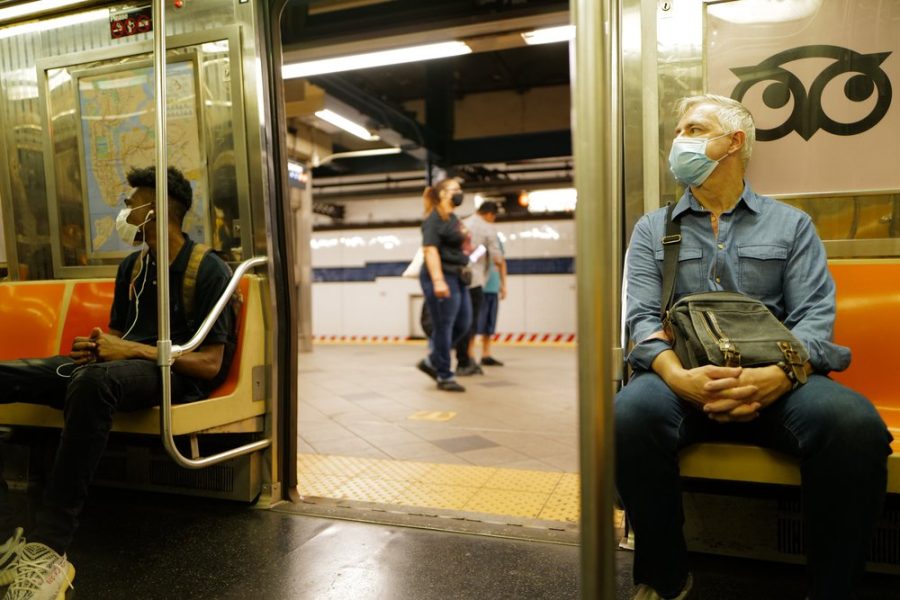University Health Center Warns Against Monkeypox
We are two years into the COVID-19 pandemic, and the worries are not over. After a constantly changing mask policy, the need to get tested frequently and the frenzy of trying to get the latest booster dose, very few people could have imagined that the situation would get even worse with the introduction of yet another virus into the pathogenic arena: monkeypox.
First discovered in 1958 among monkeys held for research, the disease commonly spreads through contact with animals and was mostly confined to central and western Africa. However, it has recently spread to other countries, including the U.S., and has infected thousands of people. Although monkeypox is predominantly being spread among men who have sex with men, it can spread to anyone through close physical contact.
According to the CDC, that includes between people or with objects, such as clothing, that have touched an infectious rash. Additionally, monkeypox can be spread through respiratory droplets released from a cough or sneeze.
Those who contract monkeypox often experience fevers, headaches, back and muscle aches, swollen lymph nodes and exhaustion. Most people get a rash a few days after experiencing a fever, which starts as flat red spots and progresses to raised, pus-filled lesions. Symptoms usually appear within 6 to 13 days of exposure, but can take up to three weeks to recede.
According to the CDC, “Infections with the type of monkeypox virus identified in this outbreak — the West African type — are rarely fatal. Over 99% of people who get this form of the disease are likely to survive. However, people with weakened immune systems, children under eight years of age, people with a history of eczema and people who are pregnant or breastfeeding may be more likely to get seriously ill or die.”
People who get monkeypox mostly get better without treatment, and there are no specific treatments for monkeypox virus infections. However, because monkeypox and smallpox viruses are genetically similar, antiviral drugs and vaccines designed to protect against smallpox could be used to prevent and treat monkeypox virus infections.
Even though it rarely results in death, monkeypox can spread swiftly through the population and was doing so in the early months of summer.
However, according to the New York Times, monkeypox cases are decreasing in New York City as more people get vaccinated all over the world because of the outbreak.
New York City reported that 2,885 monkeypox cases had been discovered in the city since the first case was identified in May. In mid-August, about 50 new monkeypox cases were discovered each day, a decrease from the 70 or so new cases discovered each day in late July and early August. Similarly, monkeypox cases have dropped 21% globally. In New York, the decline was a result of the city’s efforts to vaccinate tens of thousands of people; the city has given out 69,311 doses of the vaccine so far.
Despite this decline in cases from the widespread vaccination effort, it is still wise for Fordham students to take precautions against the spread of monkeypox, especially at the start of the school year when students are in close contact with each other.
According to Fordham Health Services, “to be safe from monkeypox it is advised to avoid close, skin-to-skin contact with those who have a rash that looks like monkeypox. Avoid sharing utensils or cups with those with monkeypox.
“Also, it is important to wash your hands as often as possible to avoid contamination.” Further, Health Services adds that “It is recommended to get vaccinated for monkeypox if you have been in contact with a person who has the virus or if you have monkeypox-like symptoms. It is also important to avoid coming to campus or be out in public, and seek medical attention if you have contracted the virus.”







































































































































































































